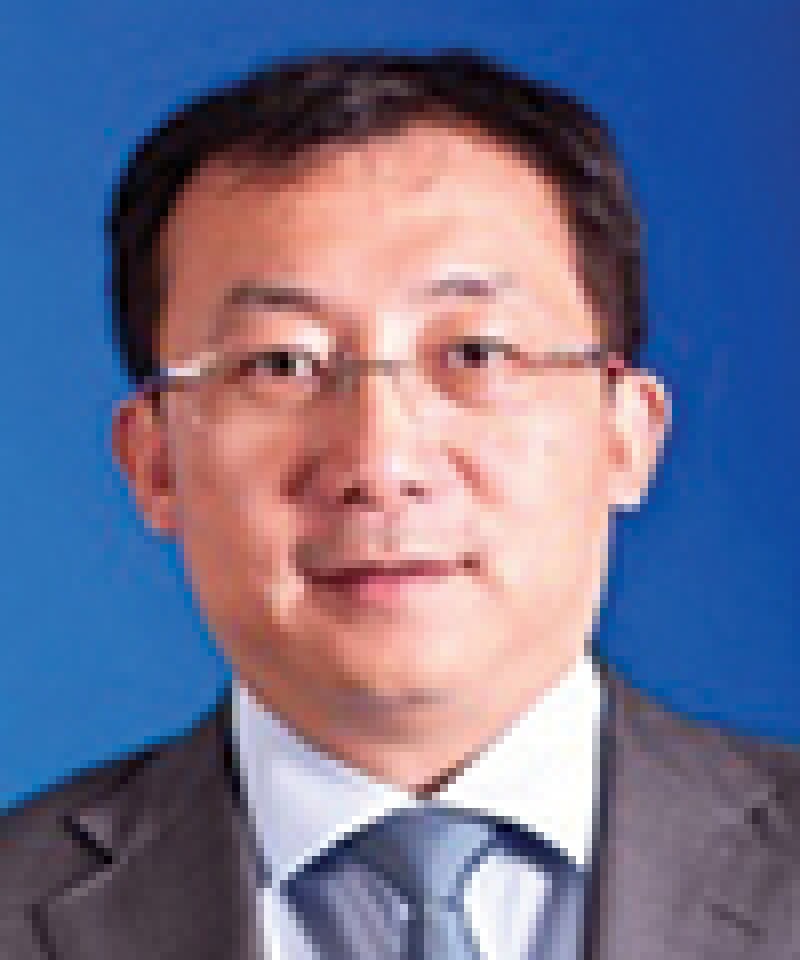
|

|
Lewis Lu |
Curtis Ng |
On March 10 2017, the Hong Kong government gazetted the Inland Revenue (Amendment) (No.2) Bill 2017, which formally introduces a concessionary tax regime for certain aircraft leasing activities. The law was introduced into the Legislative Council for consideration and is expected to apply from the 2017/18 year of assessment. The main features of the proposed regime are:
The tax rate on the profits of "qualifying aircraft lessors" and "qualifying aircraft leasing managers" will be reduced to 8.25%;
The taxable income for qualifying lessors will be calculated as 20% of the gross rentals (less deductible expenses, excluding tax depreciation; and
The range of "qualifying aircraft leasing management activities" is widely defined to include, in addition to the standard lease management activities of procuring and leasing aircraft, a range of financing activities.
The rules are designed around a Hong Kong-based manager using a number of Hong Kong special purpose companies to own and dry lease aircraft to non-Hong Kong-based airlines. It will be important that any corporations looking to take advantage of the new regime take careful note of the qualifying conditions imposed.
"Qualifying aircraft lessors" and "qualifying aircraft leasing managers" must be corporations which conduct only qualifying activities (with limited exceptions for managers). Both the manager and lessor must be centrally managed and controlled in Hong Kong with all the profit generating activities conducted in Hong Kong and not attributable to any permanent establishment outside Hong Kong. They must also make an election in writing to apply the regime.
For lessors, the key restriction is that the concessionary taxable profits regime only applies to leasing activity:
For aircraft owned by the company leased to a non-Hong Kong operator (i.e. a non-Hong Kong-based airline which is not chargeable to tax in Hong Kong). 'Lease' is defined to mean a so-called 'dry lease' that requires a lease of at least one year where the lessor does not provide the crew and is not responsible for the maintenance. It does not include leases (or wider arrangements) under which the title to the aircraft will or may pass to the lessee;
Carried out in Hong Kong in the ordinary course of the lessor's business; and
Where the lessor does not carry on any other income producing activity in Hong Kong.
While most dry leases to non-Hong Kong airlines should qualify it is important to note that the definitions included in the draft law are detailed and would require careful examination to ensure the proposed leases qualify. In particular, the existence of even a market value purchase option in the wider arrangements would be problematic. In addition, the lessor would need to ensure the counterparty is not subject to Hong Kong tax as the relevant definition requires that the airline is not chargeable to Hong Kong profits tax. Airlines flying to Hong Kong are subject to Hong Kong profits tax but, where a tax treaty applies, they will generally be exempt from tax on profits from international traffic. This condition may be problematic for certain airlines if they earn fees for incidental activities (such as ground handling or ticketing services) conducted in Hong Kong which do not qualify for the exemption under the relevant treaty.
The proposed legislation also contains a provision that deems an aircraft to be capital in nature if it is held for three years as part of a qualifying aircraft leasing business. However, for aircraft sold before the three-year mark, the position will depend on the relevant facts and circumstances. Ultimately, it would be wise to assume the Hong Kong Inland Revenue Department (IRD) is extremely reluctant to allow a lessor to claim any losses on disposal.
There are a number of anti-abuse and anti-avoidance measures built into the regime. The key measures are rules to prevent income subject to the concessionary tax treatment from being claimed as a tax deduction in Hong Kong.
Overall the new regime is a welcome change to Hong Kong tax law and would appear to be economically competitive with regimes in other leasing locations. This is especially true where Hong Kong has favourable double tax treaties such as with the China, Japan and Russia.
Lewis Lu (lewis.lu@kpmg.com) and Curtis Ng (curtis.ng@kpmg.com)
KPMG China
Tel: +86 (21) 2212 3421
Website: www.kpmg.com/cn










